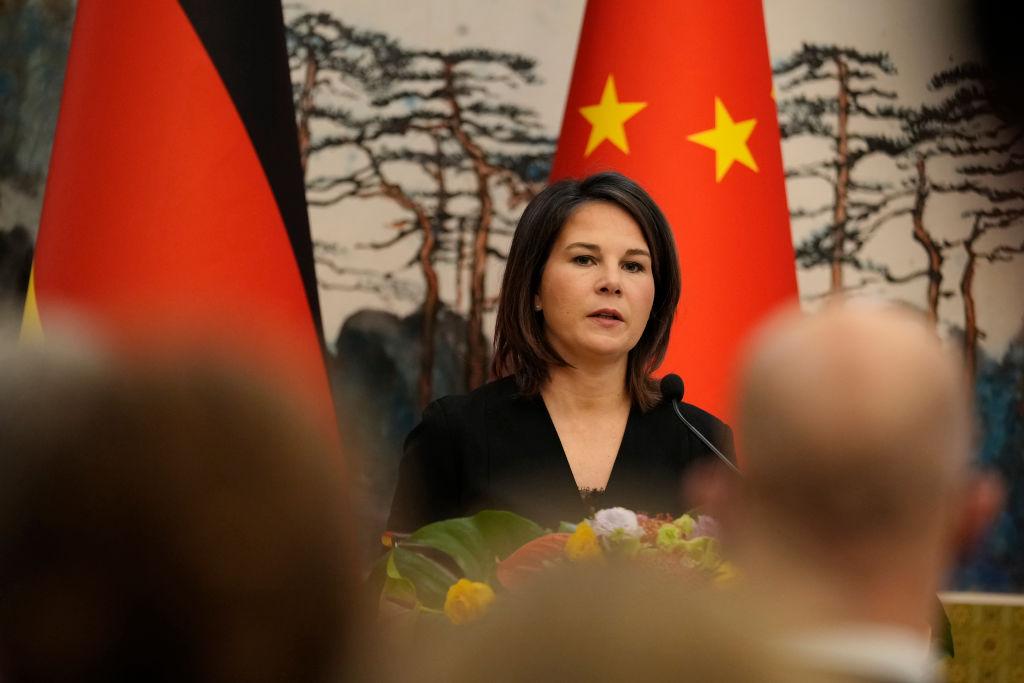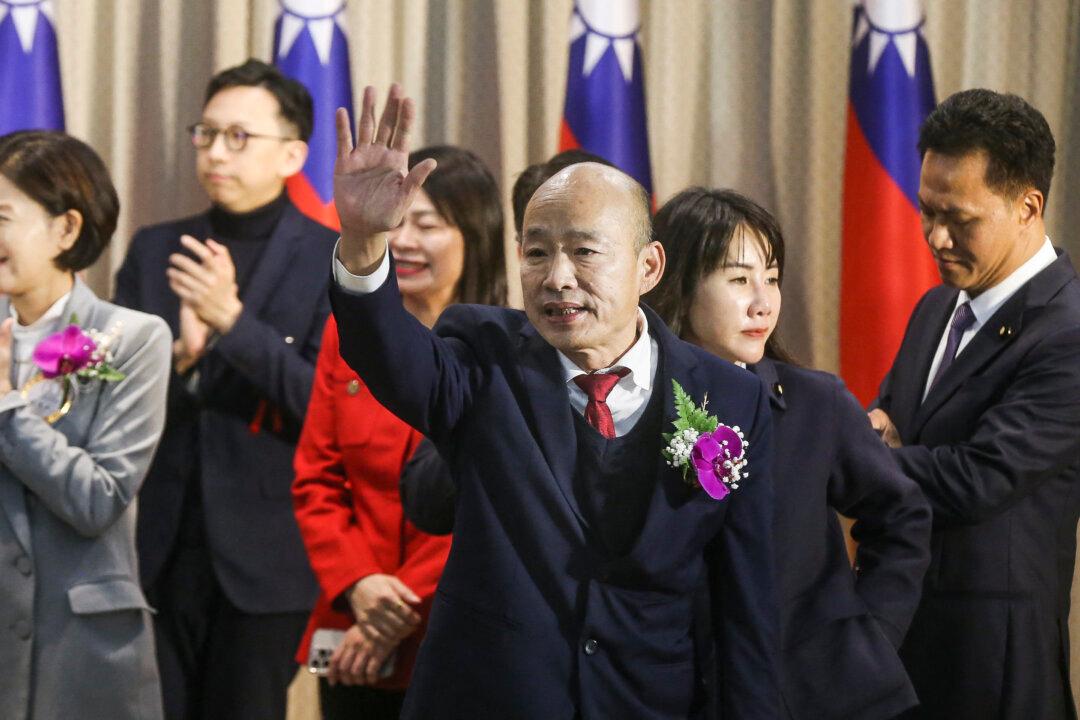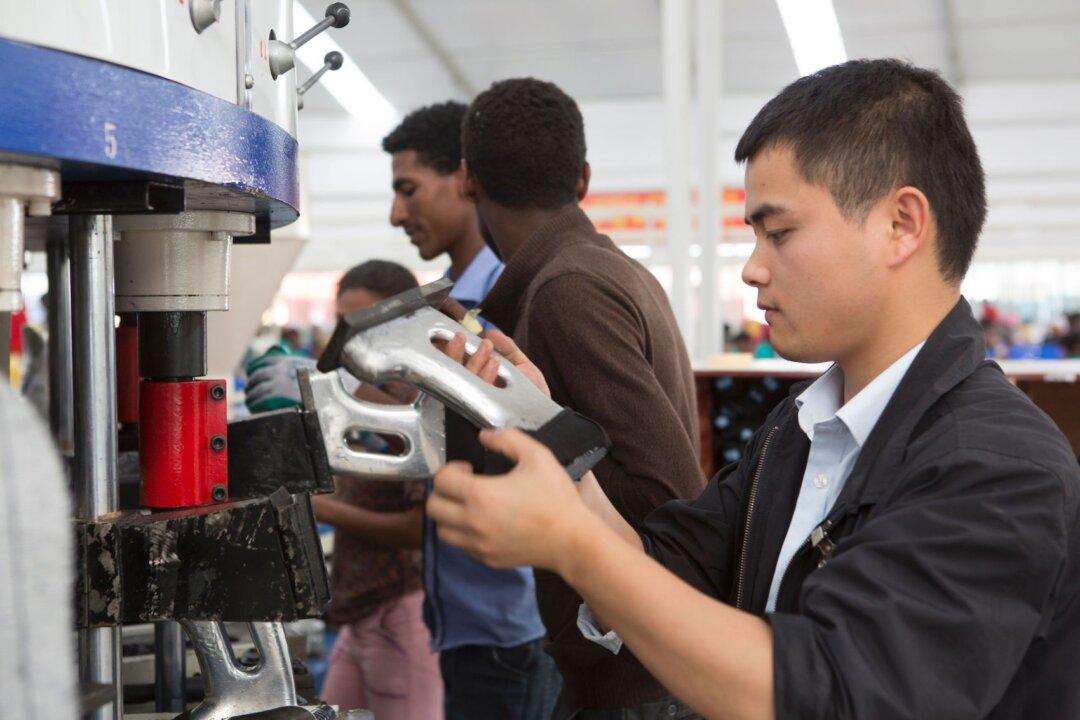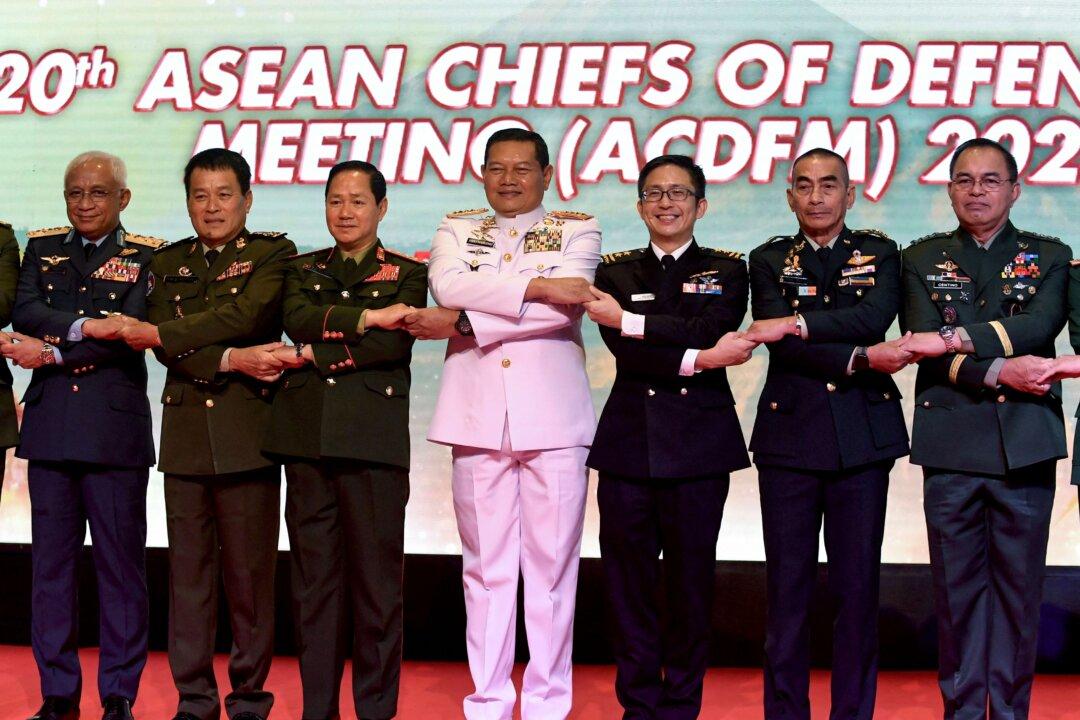German Foreign Minister Annalena Baerbock was given some of the highest-level receptions during her recent visit to China. However, she stepped on Beijing’s red line during several speeches, especially on the Taiwan Strait and the Russia-Ukraine war.
Baerbock’s inflexible position on universal values has been a headache for the Chinese Communist Party (CCP). But given Germany’s international stature and China’s deteriorated economy, the CCP had no choice but to swallow its pride.





